Comparison Shopping
Armodoxy for Today
Comparison Shopping
Jesus shares this story with us, “Two men went up to the temple to pray, one a Pharisee and the other a tax collector. The Pharisee stood and prayed thus with himself, ‘God, I thank You that I am not like other men—extortioners, unjust, adulterers, or even as this tax collector. I fast twice a week; I give tithes of all that I possess.’ And the tax collector, standing afar off, would not so much as raise his eyes to heaven, but beat his breast, saying, ‘God, be merciful to me a sinner!’” Jesus then tells us, “This man went down to his house justified rather than the other; for everyone who exalts himself will be humbled, and he who humbles himself will be exalted.” (Luke 18:10-14)
The lessons of this parable are many, but for this Thanksgiving season, we focus on the prayer of the first man, the prayer of the Pharisee, who, by the way, was a learned man. He knew Holy Scriptures backwards, forwards and all around. His prayer, you will notice, is a prayer based on comparison. “I thank God that I am not like the other man…” he says.
If you’re listening to this podcast, it means you have some degree of electronic access, which means that you’re better-off than most people on the planet. It is easy to say thank God I am better off than most, just as the Pharisee thanked God in his prayer. Unlike comparison shopping thankfulness is not about comparing things we do or do not have with those things that others have or do not have. It’s easy to look at the blind man and be thankful for our sight. Or hear of hunger in countries menaced by famine or war and be thankful of our food and peace. Thank God, we might say, that I am not like them!
In the history of the Armenian Church, you find that the prayers of thanksgiving are offered at times of abundance as well as times of scarcity, at times of peace and at times of war and even genocide. Thankfulness is the ability to put the ego on hold, in check, and understand yourself as a part of something greater. It is the beginning of religiosity and ultimately peace.
We pray with the Psalmist (26) Examine me, O Lord, and prove me; try my mind and my heart. For Your loving kindness is before my eyes, and I have walked in Your truth. I will wash my hands in innocence so I will go about Your altar, O Lord, That I may proclaim with the voice of thanksgiving, and tell of all Your wondrous works. Amen.

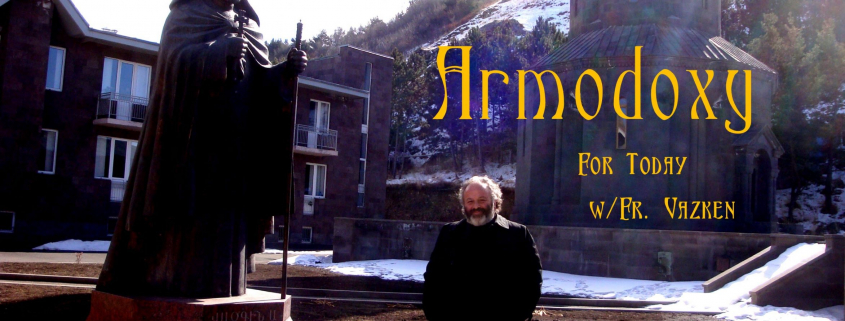 2009 Fr. Vazken Movsesian
2009 Fr. Vazken Movsesian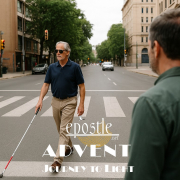 2025 Epostle
2025 Epostle 2025 Epostle
2025 Epostle
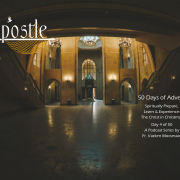 2023 Epostle.net
2023 Epostle.net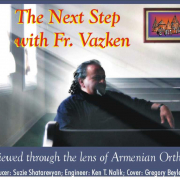
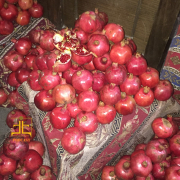


 2009 Fr. Vazken Movsesian
2009 Fr. Vazken Movsesian
Leave a Reply
Want to join the discussion?Feel free to contribute!